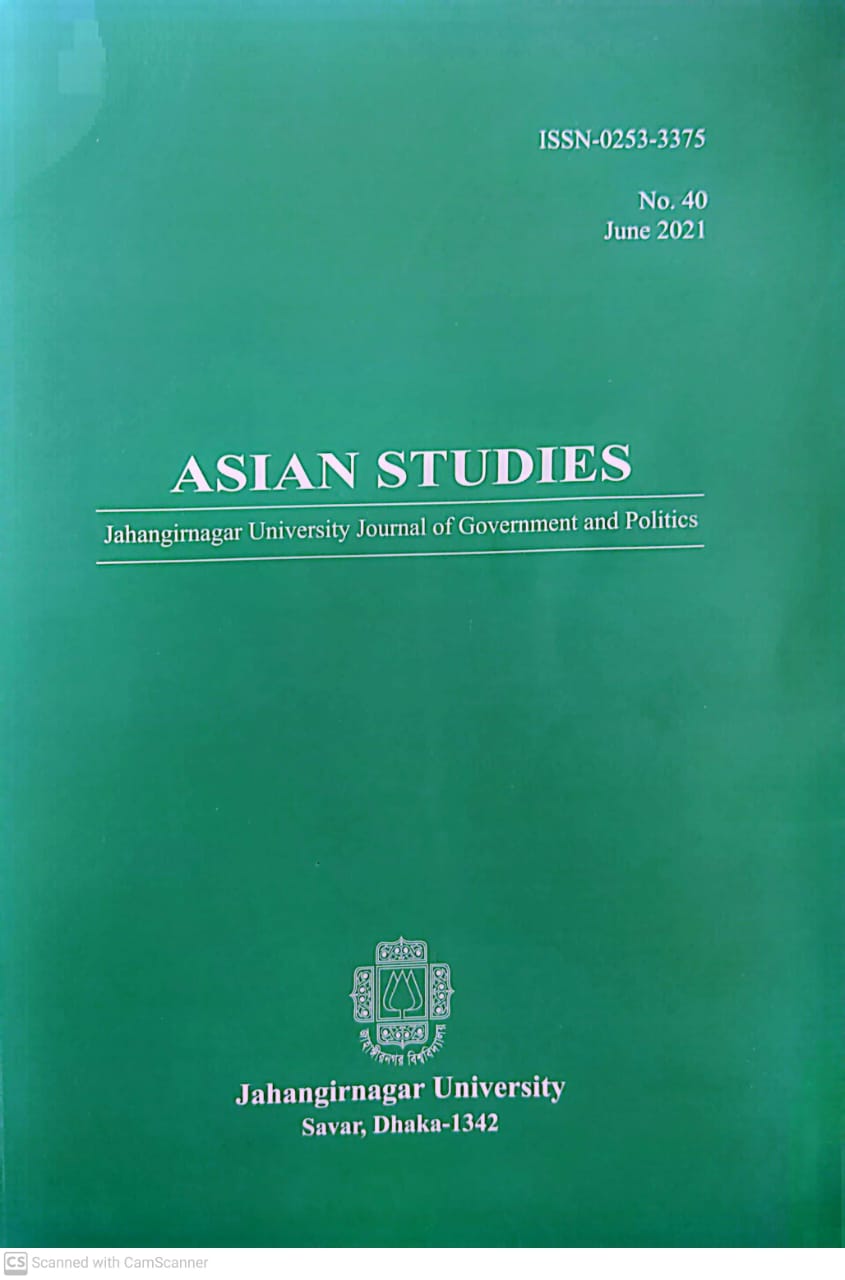Can the New Pestilence be the New Equalizer? Analyzing Covid-19 and Economic Inequality in Bangladesh
Main Article Content
Abstract
The ongoing crisis of the Covid-19 pestilence is undoubtedly one of the greatest crises in
living memory that has already created a significant economic, political, and social impact
throughout the world. Studies on previous pandemics of such scale have considered them an
equalizer of economic inequality. This study, therefore, aims to reevaluate this idea during
the great new pestilence of Covid-19 in developing countries, with a special focus on
Bangladesh. Following a complementary approach, it argues that the new great pestilence is
unlikely to be the new equalizer, especially due to the neoliberal economic system. Instead, it
contends that the factors of inequality during the pestilence behave like the SARS-CoV-2
virus that causes Covid-19, which becomes more dangerous through mutation. Similarly, the
factors of inequality intersecting with neoliberalism exacerbate the pre-existing economic
disparities instead of equalizing them. It further argues that Keynesian policies as a response
to the economic crisis caused by the pestilence are unlikely to solve economic inequality in
developing countries like Bangladesh. And although the pestilence provides an opportunity
for policy change to correct the structural deficiencies that cause economic inequality, there
also remain serious political-economic barriers to such change. This study is expected to be
a starting point for multiple avenues of inequality research in developing countries.

